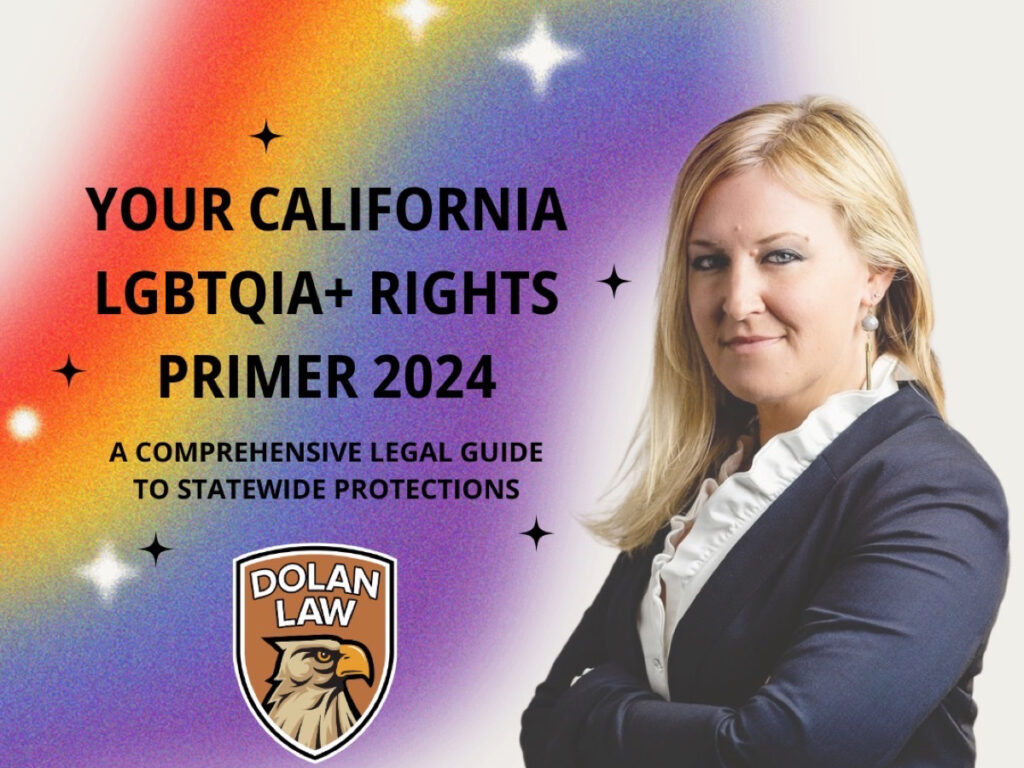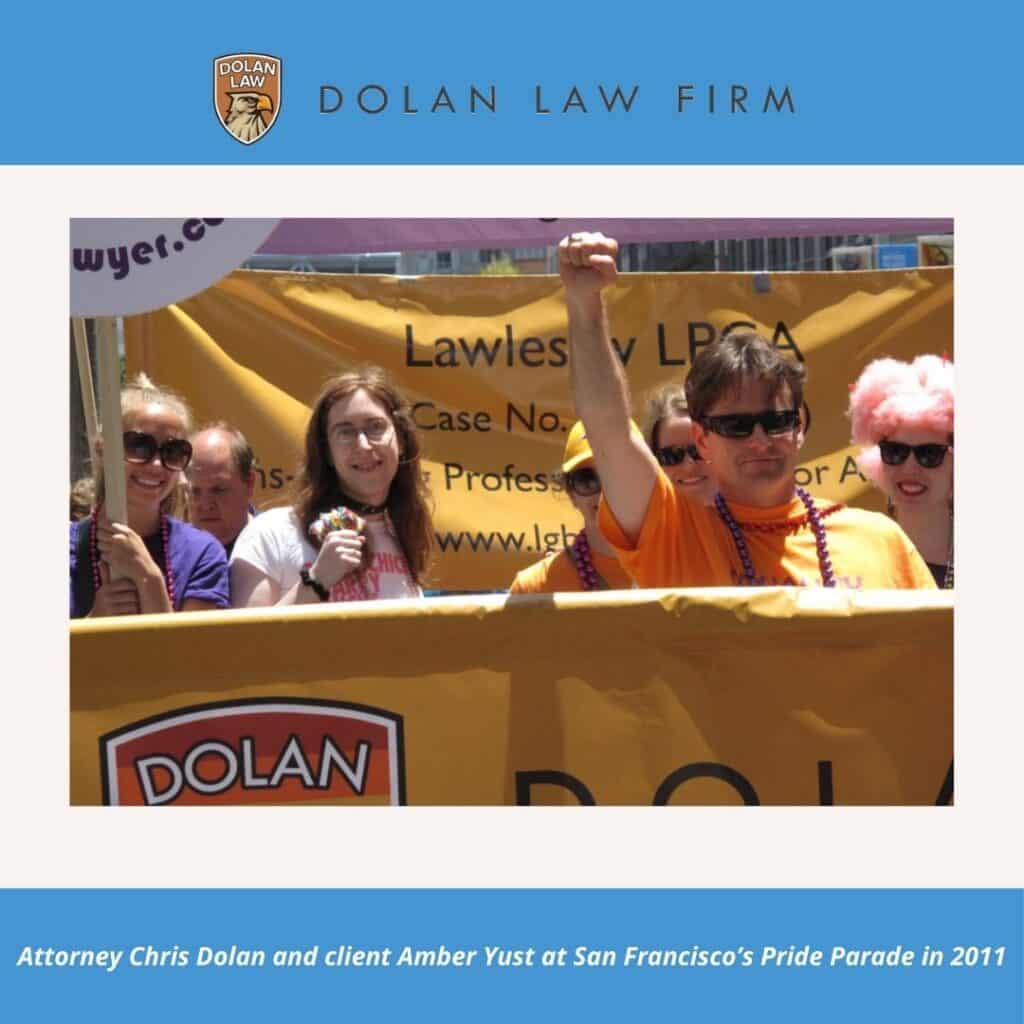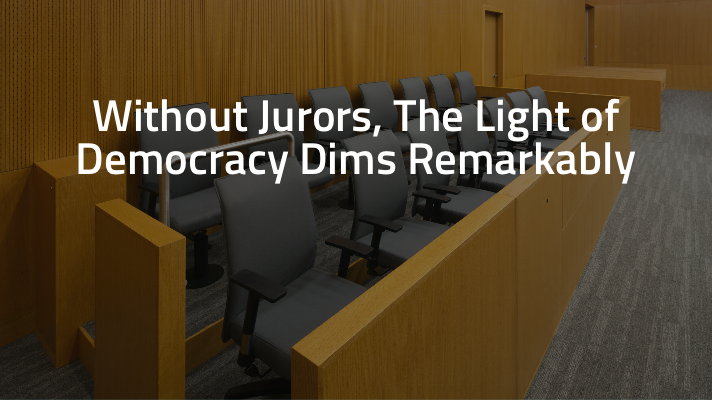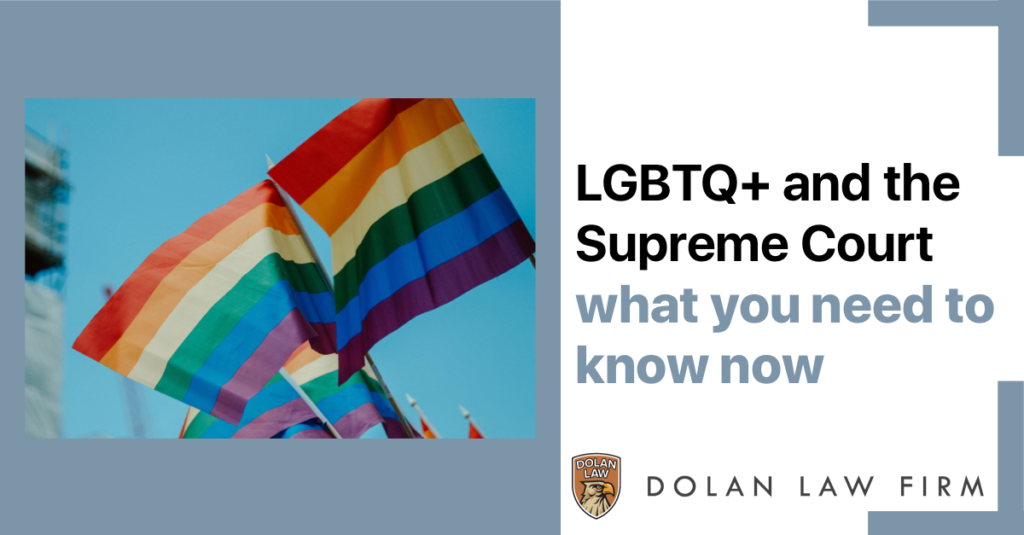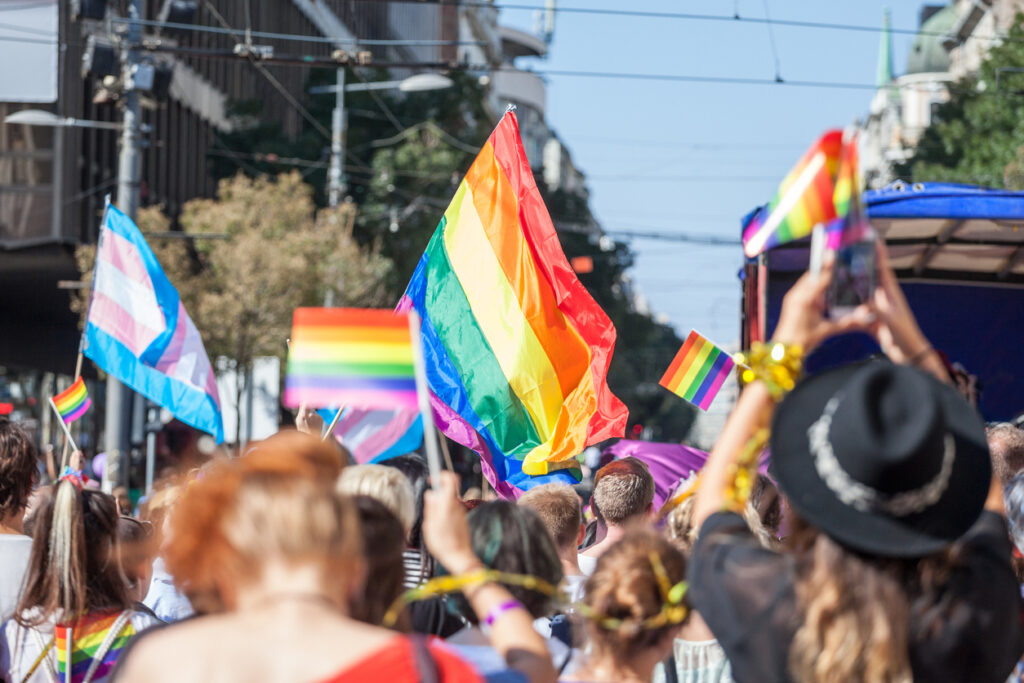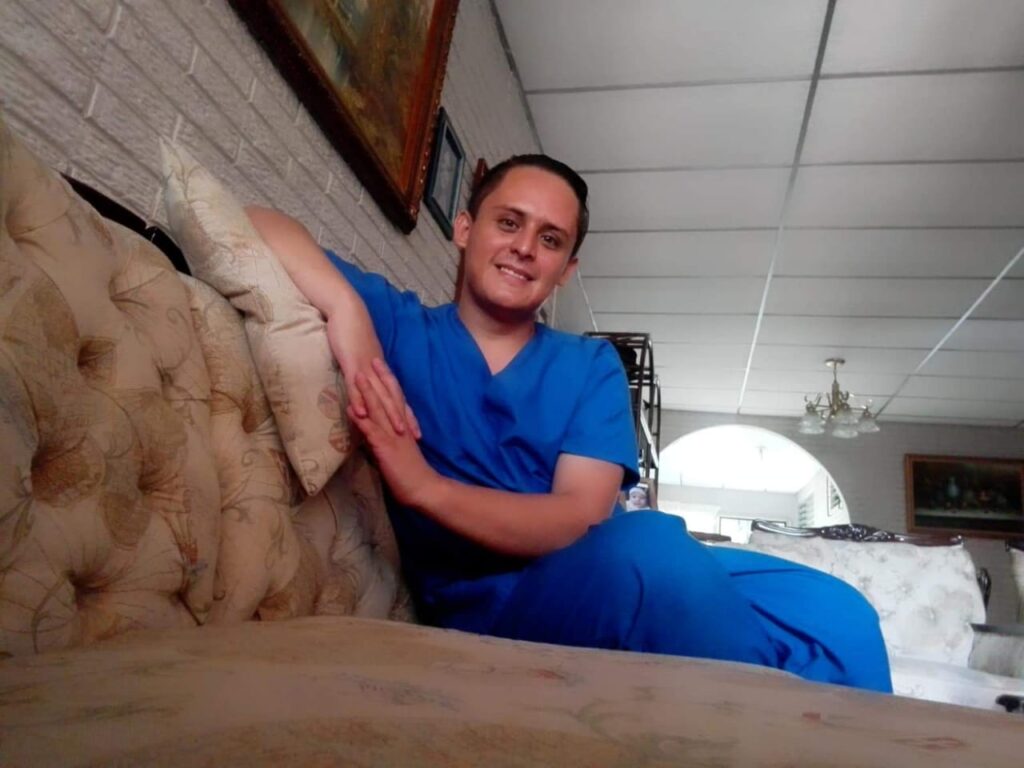Your California LGBTQIA+ Rights Primer 2024
Written by: Vanessa C. Deniston, Executive Director, Dolan Law Firm DE&I Committee California is home to the nation’s largest self-identifying population of lesbian, gay, bisexual and transgender population and continues to be a leading change agent for the advancement of LGBTQIA+ rights across the nation. The following reference guide summarizes the key legal protections for LGBTQIA+ Californians as …

